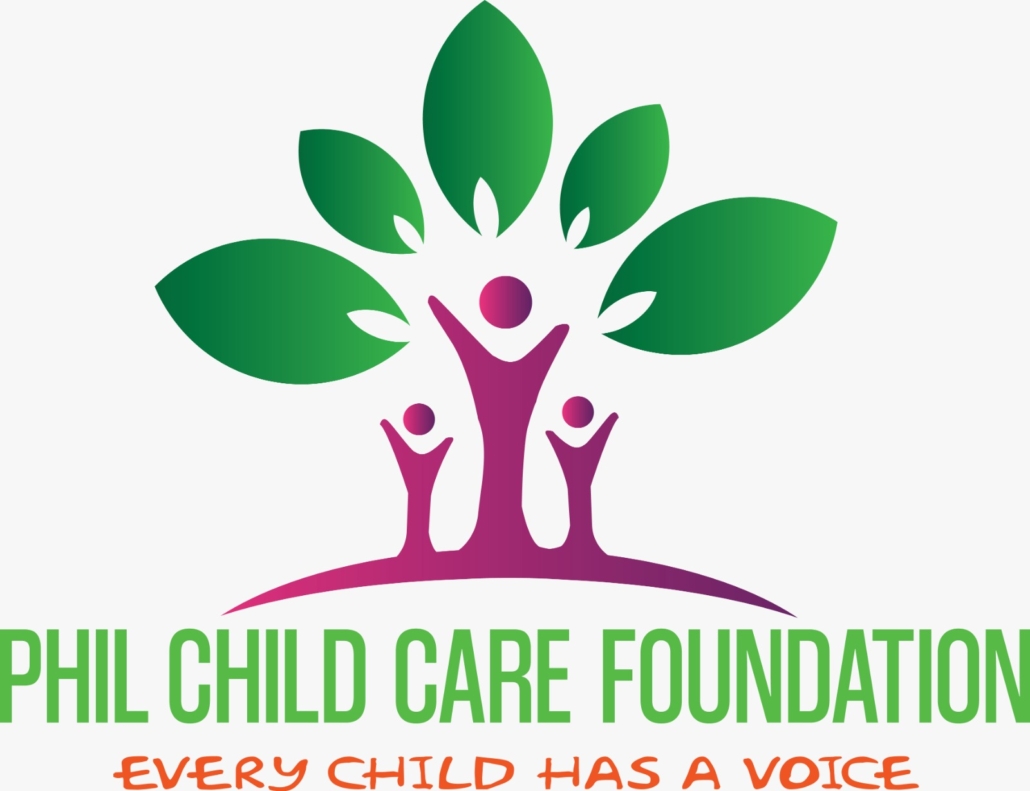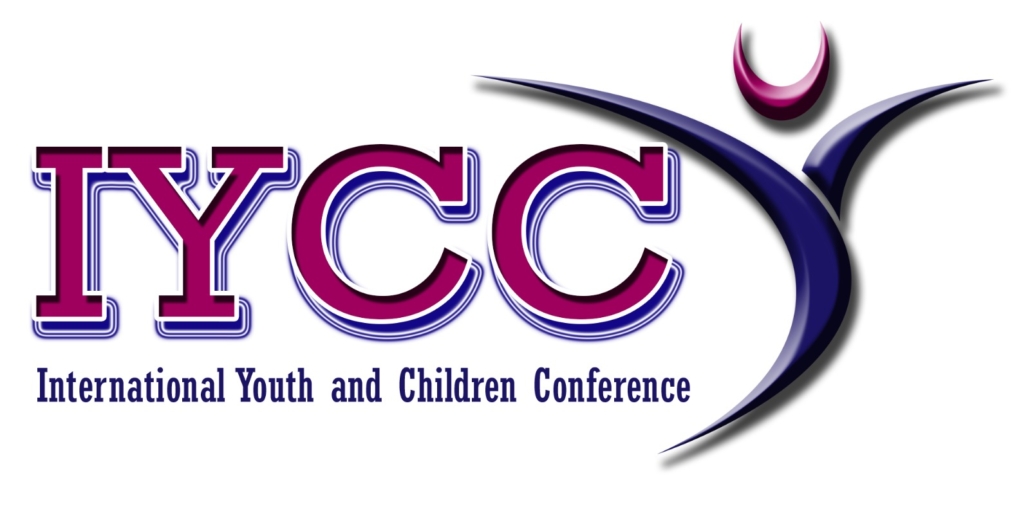International Youth & Children Conference
(IYCC) 2023
- 00Days
- 00Hours
- 00Minutes
- 00Seconds

IYCC Mission
To share rightful information and promote open life skills, discussions and learning among children and youth, through conferences, seminars, workshops and online platforms.
IYCC Vision
Promotion of healthy behavioural lifestyle among children and youth.
Values
Phil Child Care Foundation (PCCF) is committed to upholding values such as innovation, creativity, community, teamwork, integrity, responsibility, trustworthiness, and friendliness to fulfill its mission and vision.
Theme
“Seeing the World Through New Eyes”

Venue
2800 Hwy 7, Woodbridge, ON L4K 1W8
Dates
September 30th & October 1st
Attendance
In Person Attendance
Virtual Attendance
Etransfer Registration
philchildcarefoundation@gmail.com


Why IYCC Conference
World over, many families are facing numerous behavioral challenges in nurturing their children and youth to become responsible citizens. This has prompted many governments including Canada to devise means and methods in form of policies to support families in overcoming some of the challenges faced in upbringing of children and youth. These behavioral challenges such as substance and drug abuse, addiction, alcohol, etc has resulted into numerous effects such as mental health challenges, violence, drop out of school, and many other health related effects such as sexually transmitted infections among children and youth.
In Canada, mental health problems is a growing issue, particularly after COVID-19. Approximately one in five Canadians is experiencing mental health issues and this increases to half by age 40. Before the COVID pandemic, about two per cent of Canadians reported moderately severe or severe symptoms of depression. By 2022, that number had skyrocketed to 14 per cent or one in every seven people. Furthermore, the pandemic has had a disproportionate effect on people with pre-existing mental health and substance use conditions, who have low income, the unemployed, youth, and women with younger children. As well, there are higher rates of suicidal ideation among children and youth. (Statistics Canada, 2022).
The inherent related causes to behavioral, mental health and other challenges faced by children and youth are linked to negative impact or influence of social media such as cyberbullying, reduced social skills, addiction etc onto children. Cyberbullying: According to a study by the Cyberbullying Research Center, 34% of students report experiencing cyberbullying, and 16% of students admit to cyberbullying others. Children who are bullied online are more likely to experience depression and anxiety. Decreased social skills: Research has shown that excessive use of social media can lead to decreased social skills and less face-to-face interaction. A study by Common Sense Media found that teens who spend more than 3 hours per day on social media are more likely to report feeling lonely and left out. Addiction: The dopamine hit from receiving likes, comments, and notifications on social media can be addictive, leading to children spending excessive amounts of time on their phones. A survey by Pew Research Center found that 45% of teens say they are online almost constantly.
Another important inhibitor to child behavioral challenges is linked to parenting, especially available parents to a child in times of social challenges. (busy parents). A study by the American Psychological Association found that children who do not receive enough attention and support from their parents are more likely to experience emotional and behavioral problems. Another study by the National Center for Education Statistics found that children whose parents are more involved in their education tend to perform better academically. In addition, a study by the National Institutes of Health found that children who spend less time with their parents are more likely to engage in risky behaviors. Also, a study by the University of Maryland found that children who do not have a strong attachment to their parents are more likely to experience anxiety and depression later in life.
Based on these highlighted challenges faced by children and youth, the conference will therefore, form the inception phases of Phil Child Care Foundation (PCCF) to establish foundation approaches on how to support government interventions in providing lasting solutions to the plight of children and youth in regard to behavioral challenges such that in the long-run, we create a healthy-mind upbringing of citizens who will contribute towards national development tremendously.
Domestic Delegates
Domestic delegates are guests that will attend the conference and reside within Canada
philchildcarefoundation@gmail.com
International Delegates
International delegates are guests that will travel to come to Canada and are not Citizens or Permanent Residents.
PAY TO : PHIL CHILD CARE
SWIFT CODE : TDOMCATTTOR
TRANSIT NUMBER : 1 4 1 6 2
ACCOUNT NUMBER : 5 2 1 9 3 0 9
INSTITIUTION NUMBER : 0 0 4
Virtual Delegates
Virtual Delegates are guests that will Join the conference from the comfort of their homes.
philchildcarefoundation@gmail.com
Expected outcomes from IYCC:
Goal 1: Increasing awareness of behavioural challenges children, teenagers and youth encounter.
Outcome 1: PCCF envisages that, after rigorous engagements in awareness creation on behavioural challenges that children, teenagers and youth encounter, families will be informed about
what children, teenagers and youth are going through; families will then be in a position to devise appropriate measures and means to support behavioural challenges; create an environment of open discussions with children; enlist or seek support from specialized child-behavioural experts; hence reducing stressful child-growth, leading to building a productive citizenry.
Goal 2: Promote youth-led initiatives that empower children and teens to lead positive and constructive life.
Outcome 2: with the continued engagement and enlightenment of youth on positive behaviours
and innovative mindset building, the child will be able to become innovative and initiate
innovations that will promote their livelihoods in the short and long run, thus producing a pool of
constructive, creative, and right-minded youth that will champion youth development programs.
Goal 3: Enhance public awareness of the critical impact of Covid-19 on families.
Outcome 3: Continued discussions and enhancement of the impact of Covid-19 on families will promote voluntary community support initiatives geared towards strengthening community and family support to one another, thus stimulating government observance on peculiar challenges that require urgent attention
Goal 4: Promote youth engagements in community support initiatives (safety nets) and cohesive and harmonious living.
Outcome 4: Promoting youth engagement in community support initiatives will enhance
cohesive community togetherness and peaceful living, thus leading to collective positive energy
geared towards collaborative solutions to community problems.
IYCC 2023 understands that you may not be able to attend the conference, but your support for the cause can still make a tremendous impact.
By Sponsoring or Partnering this conference will demonstrate a commitment to Corporate Social Responsibility and a dedication to making a positive impact on the well-being of children, youth, families, communities and nations at large
Make a Donation Today & be Counted
Thank you for your support and generosity.
Saturday 30th September

The Agenda
● Breaking the Stigma: Addressing Mental Health Challenges for Children and Youth
· Join us for an insightful session on addressing mental health challenges for children and youth. Explore the common problems associated with mental health, such as self-esteem, socialization, and emotional regulation, and gain insights on effective strategies for promoting mental wellness.
● Giving Voice to Young People: Empowering the Next Generation
· Join us for an exciting opportunity to provide young people a stage to speak about themselves and current issues affecting children. This session will feature inspiring talks and interactive discussions with young people who will share their experiences, challenges, and ideas for creating a better future for themselves and their communities.
● Perspectives on Removing Obstacles to Children’s Full Potential.
· Our esteemed Chief Guests will share their valuable perspectives on removing obstacles and fostering an environment where children can realize their full potential. Join us to hear their insights on critical issues such as access to education, healthcare, social support, and strategies for promoting inclusivity and equity for all children.
● Facilitating Conversations with Parents for Community Engagement
· Join us to learn how to foster community engagement by facilitating conversations
with parents. Gain insights on how to build partnerships with parents to create a supportive network that empowers children to thrive.
● Explore the impact of COVID-19 on children and their families
○ Join us on open discussion and document the effects of Covid-19 on families.
○ Join is to collectively develop a simple, community-led mechanism of documenting potential solutions to issues raised during open discussions and proposed potential solutions. It will be shared with development partners to provide support to improve family well-being.
● Share information on effects of drug and substance abuse to children and youth
· Join us to share and discuss consequences of drug abuse with children, teenagers, and youth. This is one of the big challenges children and youth are facing at the moment. It is one of the key contributing factors to mental health challenges among the community; “According to the Centers for Disease Control and Prevention (CDC), substance abuse can affect youth’s brain development and growth. It can also lead to risky behaviors, like driving under the influence, contributing to severe mental and physical health problems”.
Sunday 1st October 2023

● Discussions on the long-term consequences of social media usage on children, and brainstorm solutions for mitigating any adverse effects.
Social media experts will share documented consequences of “social media and influence on children’s behaviors. Discussions will be centered on documented impact of social media on issues such as; increase in levels of anxiety, Addiction, sleep disorders, depression, and low self-esteem in children, teenage and youth; influence of cyberbullying and online harassment on low self-esteem, anxiety, that can lead to suicidal behaviors for extreme cases, and other crucial aspects of life, such as physical activity, academic performance, and socialization with family and friends etc,
Privacy concerns; Children are vulnerable to identity theft, online predators, and
other privacy concerns.

